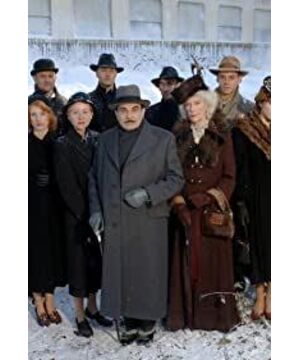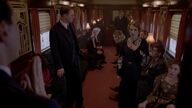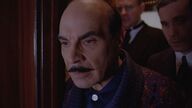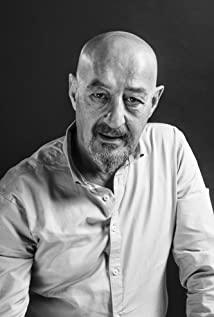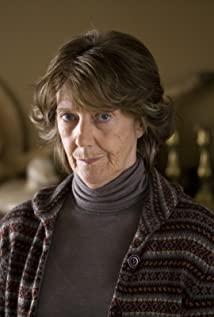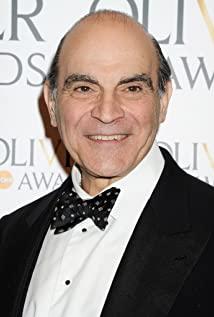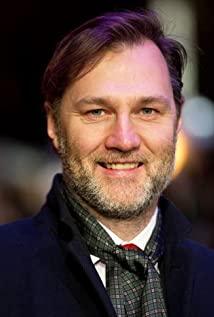2020.02.28 I saw the Lindbergh kidnapping case when I watched "Making The Simpsons", and I found out that it was the inspiration for Agatha to write this novel. At that time, I checked whether there were any relevant real cases in history, but I couldn't find the source. Today's unexpected joy
?Take a look: American aviator Lindbergh was the first to fly across the Atlantic Ocean. On the night of March 1, 1932, the kidnappers kidnapped his 20-month-old son from his New Jersey mansion and demanded a ransom of $50,000. Despite the ransom, the body of Charles Lindbergh Jr. was found 71 days later in bushes not far from his home. Nanny Betty Gross and her boyfriend were investigated but were later cleared. The maid, Violet Sharp, was also suspected because of her vague testimony. She chose to kill herself instead of telling the truth. The truth is that she had affairs with several men and was fooling around in a speakeasy that night.
In 1934, police finally found the suspect, Haupman, who was put in the electric chair in April 1936.
The Lindbergh kidnapping is a landmark in the history of the FBI. It was the first time the Bureau of Investigations had gained authority over local cases -- Congress passed the Lindbergh Act, named after Lindbergh. The bill stipulates that if a kidnapping case is not solved after a week, then the kidnapper is presumed to have crossed the state border, and the FBI automatically has jurisdiction over the case.
View more about Murder on the Orient Express reviews


